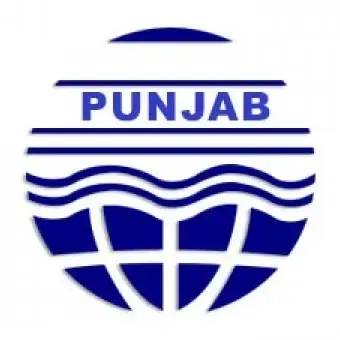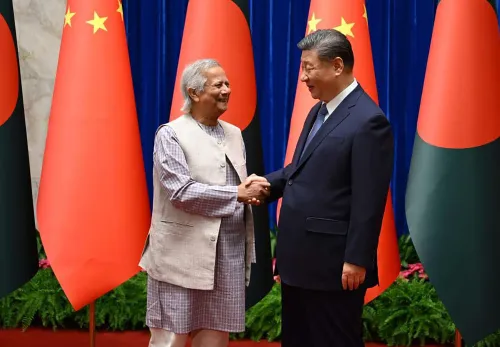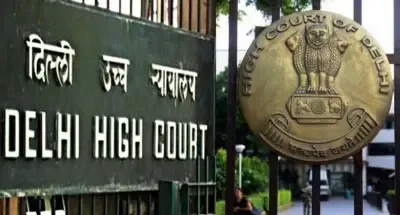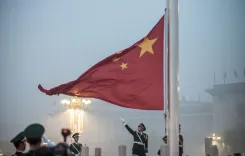Have 14 Major Brands Been Summoned by Punjab Pollution Control Board for Plastic Waste?

Synopsis
Key Takeaways
- PPCB's decisive action against 14 brands.
- Need for clear waste management strategies.
- Importance of EPR regulations.
- High percentage of hard-to-recycle plastic waste.
- Commitment to sustainable future practices.
Chandigarh, Nov 11 (NationPress) In a significant move to bolster compliance on the ground, the Punjab Pollution Control Board (PPCB) summoned 14 prominent brands recognized as substantial contributors to hard-to-recycle plastic waste on Tuesday.
The board has instructed these companies to present clear and time-bound plans that encourage consumers to return plastic packaging after use.
"No company will be permitted to pollute Punjab. We will establish accountability and ensure our cities are clean," stated PPCB Chairperson Reena Gupta.
This initiative stemmed from a comprehensive brand audit of plastic waste conducted by the board, marking a pioneering effort in India.
The PPCB executed the Plastic Waste Brand Audit 2025 across six cities — Amritsar, Bathinda, Jalandhar, Ludhiana, Mohali, and Patiala.
The investigation assessed the plastic waste collected from various locations within these cities to determine which companies are responsible for the most plastic waste.
Among the total municipal waste of 6,991 kg examined, 613 kg was identified as plastic.
The analysis revealed that 88 percent of this plastic waste is challenging to recycle.
The board discovered 11,810 plastic packets scattered across the six cities.
Alarmingly, just 14 leading national and multinational brands accounted for approximately 59 percent of the hard-to-recycle waste.
The PPCB emphasized the urgent necessity for stringent actions under the Extended Producer Responsibility (EPR) regulations, which mandate companies to manage the waste generated by their products.
It was noted that certain companies and brand owners are merely meeting EPR targets on paper, utilizing unverifiable certificates or shifting responsibilities to other states.
Producers of plastic waste must transition to genuine, verifiable, and fully auditable collection and processing of the plastic waste they generate, and this must occur within Punjab, not merely on paper or in other states.
The board is committed to enhancing monitoring, enforcement, and collaboration with the industry to steer Punjab towards a cleaner, circular, and plastic-responsible future.










